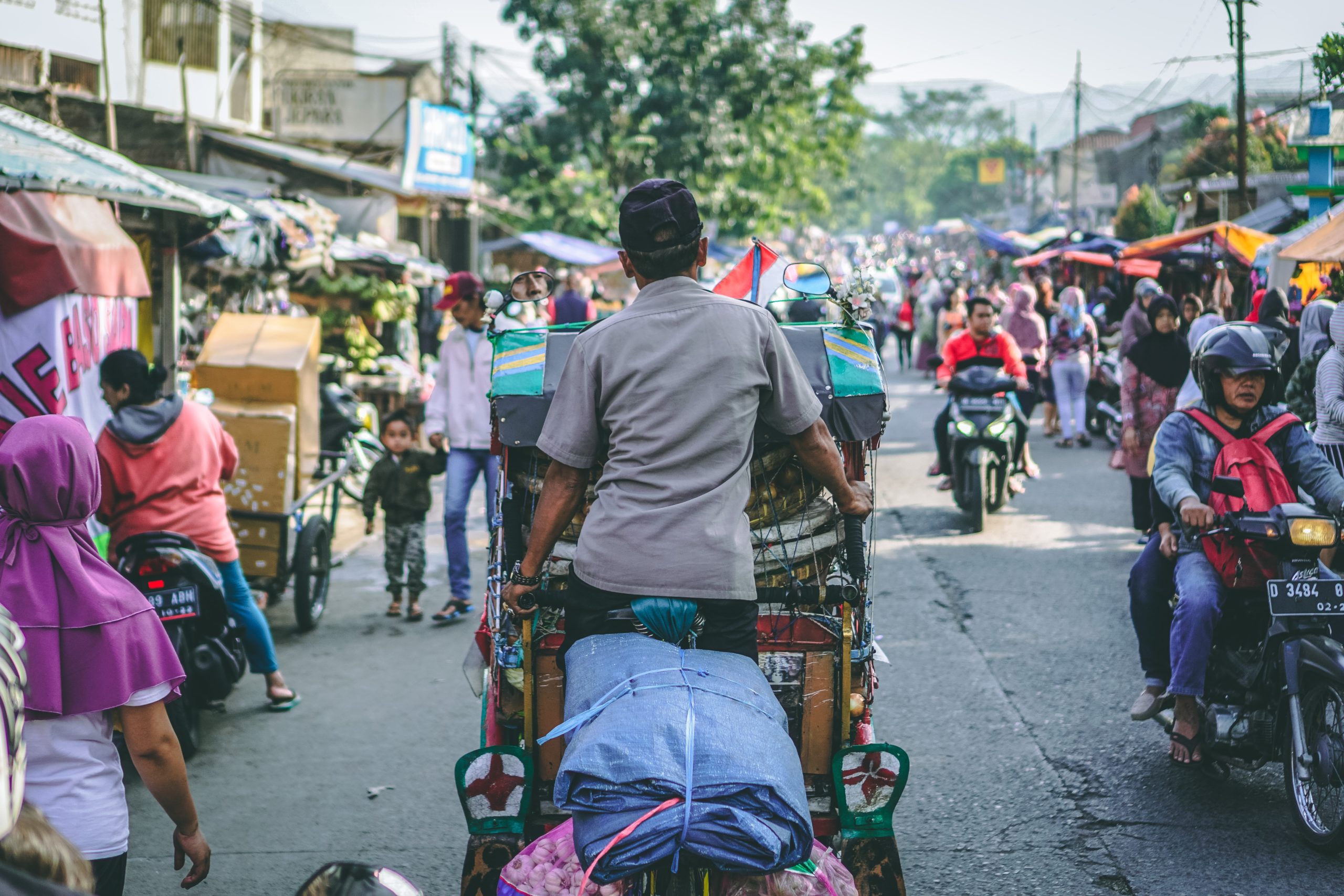Future Earth Asia Center is a regional initiative that facilitates co-design and co-production of research, science-policy engagement and communications for sustainable transformation in Asia.
The Future Earth Asia Center constitutes part of the Future Earth Secretariat. It is hosted by the Research Institute for Humanity and Nature in Kyoto, Japan.
Our mission is to promote sustainability and transdisciplinary research in Asia and the Pacific, fostering knowledge that builds solutions to the challenges facing the region.
Research Institute for Humanity and Nature
Based on the premise that environmental problems are rooted in human society, culture, and values, RIHN research aims to pursue concepts, theories, and mechanisms capable of describing and enabling transformation of human-environment interactions. In order to contribute to the search for solutions to real-world problems, RIHN promotes a co-design and co-production approach in which researchers and societal actors join hands in exploring problems and developing new framings and possible solutions.

Asia is of global significance, particularly when considering future pathways towards sustainability.
The Asian monsoon and the Himalayan Tibetan Plateau drive a unique climate which, through traditional cultures and practices, have supported a range of sustainable natural ecosystems and human societies for millennia.
More than 60% of the global population is concentrated in Asia, and the total GDP of Asian countries is equal to about one-third of the global GDP. Asia’s geographical extent and demographic and economic weight mean that development in the region will inevitably influence global sustainability.
The region as a whole is characterized by rapid economic and population growth, intensive urbanization, and great disparities of wealth both within and between countries. Social and ecological vulnerability to the potential impacts of climate change is high and the region is most disaster-prone in the world.
The region is also a huge hotspot for greenhouse gas emissions and air and water pollution. The biodiversity loss of the terrestrial and marine ecosystems of this region is increasing most rapidly in the world driven by many climatic and human-related factors.
At the same time, Asia contains a complex mosaic of social and ecological diversity developed through a long history of human interaction with nature. This has enabled many traditional systems of agriculture and livelihood to support large number of people through time. The region embraces many opportunities to inspire new pathways to sustainability through more active recognition of the wisdom embedded in traditional thought and patterns of livelihood.
The Future Earth Asia Regional Center addresses these unique challenges and opportunities for sustainable innovation in Asia.
Asia Center Staff





